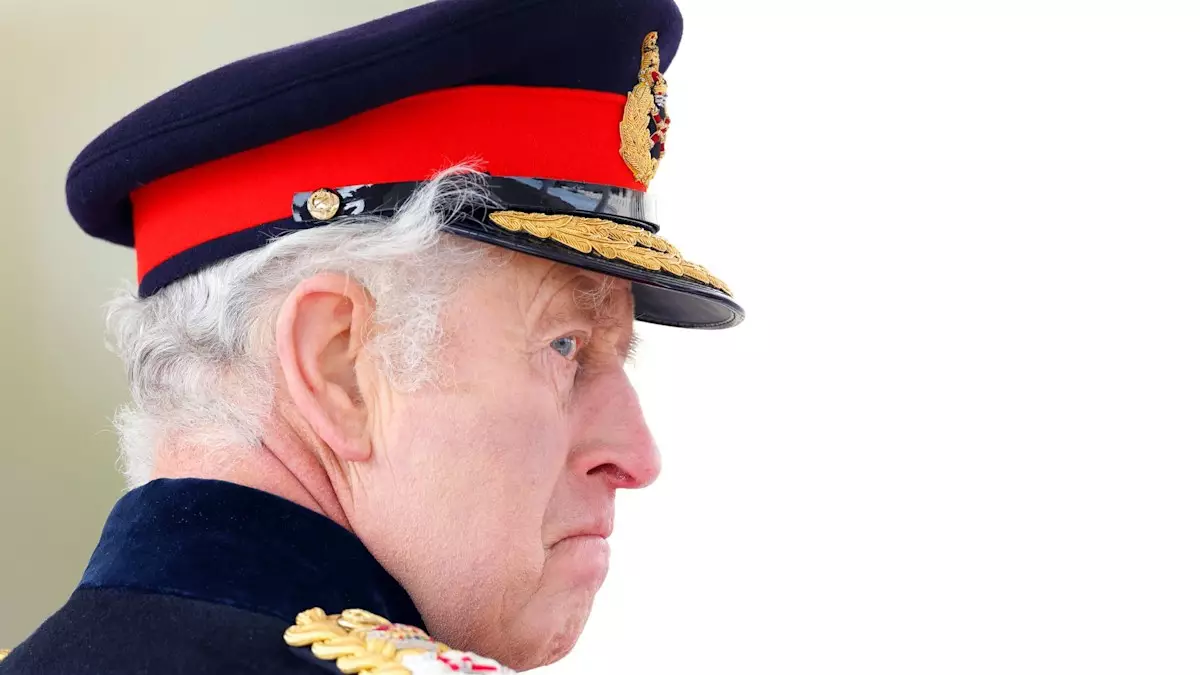In a surprising turn of events, King Charles III has found himself adopting a daily eating ritual that he has famously shunned for years. Renowned for his busy schedule, the monarch has previously dismissed lunchtime as a luxury that he simply cannot afford. His longstanding proclivity to forgo meals has even become a notable aspect of his public persona, oftentimes compared to the well-loved corgis of his late mother, Queen Elizabeth II. This quirk was highlighted in a list provided by Clarence House celebrating the King’s 70th birthday. Notably, one intriguing point stated, “The Prince does not eat lunch,” shedding light on his unconventional approach to nutrition.
Following his cancer diagnosis in February of this year, a pressing need for dietary discipline has emerged. Reports indicate that both Queen Camilla, along with various medical advisors, have urged the King to prioritize his health by incorporating lunch into his daily routine. However, the monarch remains hesitant about this shift, opting for a modest half avocado over a conventional meal, illustrating a compromise that underscores his reluctance to embrace a full lunchtime regimen.
While scientific literature on specific foods that may impede cancer growth is sparse, medical experts consistently emphasize the necessity of a balanced diet for individuals undergoing cancer treatment. The NHS highlights the complications associated with the disruption of cancer cell division, which can negatively impact not only the diseased cells but also the body’s healthy tissues and immune systems. Nutritional adequacy, comprising proteins, carbs, fats, vitamins, and minerals, becomes crucial during such challenges to bolster one’s resilience and energy levels.
As King Charles navigates this dietary transition, the insistence on a varied diet presents an important reminder of the role that nutrition plays in health. Maintaining a regimen that includes a range of nutrients is vital, especially for someone in treatment, to foster overall well-being.
Beyond his lunchtime abstinence, King Charles exhibits other quirky dietary preferences. A unique fondness for boiled eggs has emerged as part of his culinary character. This was even comically referenced in the popular series “The Crown,” as a juxtaposition featured a conversation between Camilla Parker Bowles and Princess Diana regarding the royal’s notable aversions.
Additionally, in a rare insider commentary, King Charles’s stepson, Tom Parker-Bowles, discussed the eco-conscious approach to food within the royal household. He emphasized the remarkable practice of recycling leftover food, transforming them into new dishes or repurposing them for subsequent meals. This sustainable mindset not only reflects modern environmental considerations but also underscores a practical aspect of royal dining that often goes unnoticed.
King Charles III’s journey toward embracing a healthier lifestyle amidst his challenges illustrates an evolving perspective on health and wellness. His gradual acceptance of lunchtime, albeit minimalist, signals a larger lesson about adaptability in response to life’s adversities. As he continues to navigate his royal duties while managing his health, one can only hope that this commitment to enhanced nutrition serves as an encouragement to others facing similar battles, highlighting the enduring importance of mindful eating during critical times.

Leave a Reply